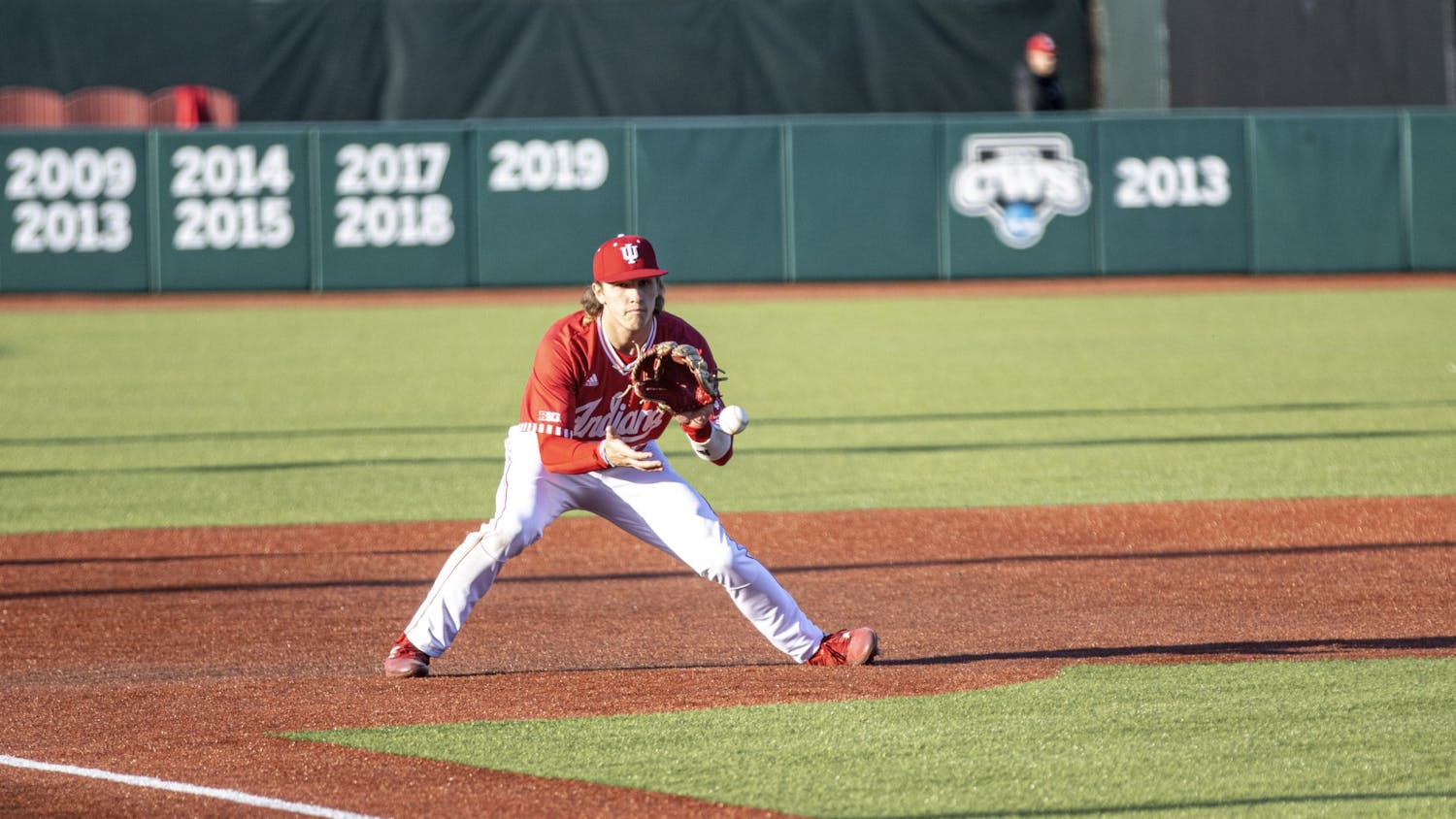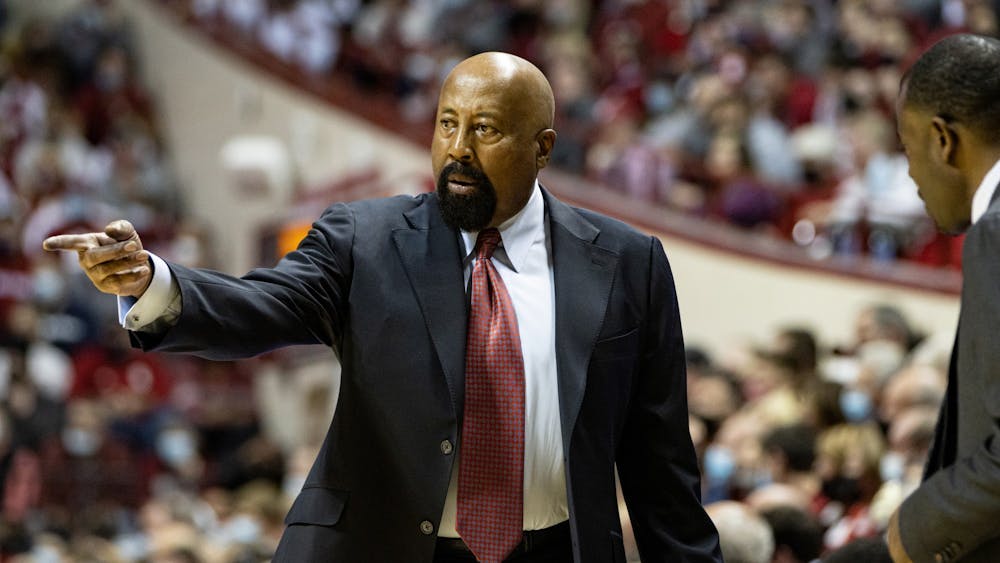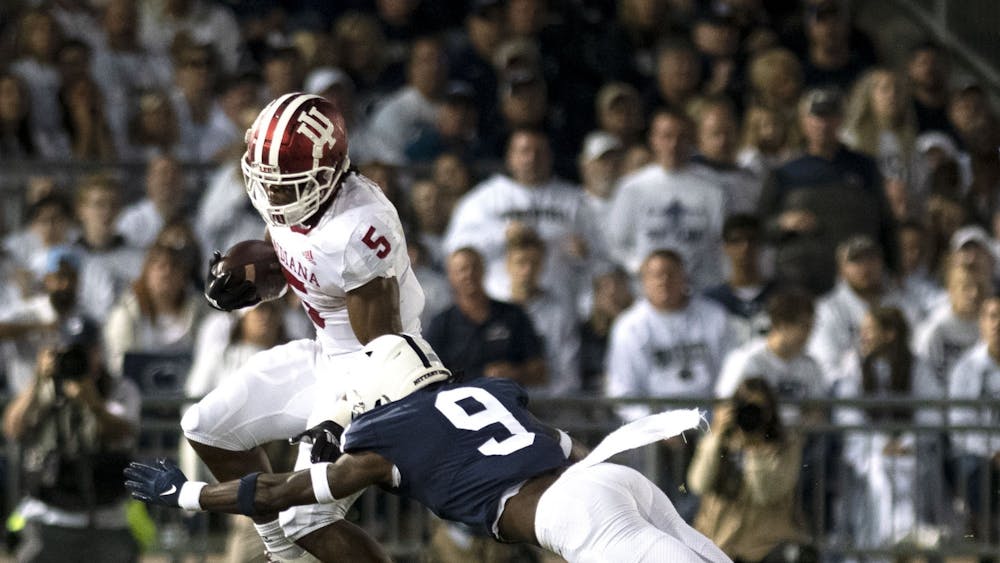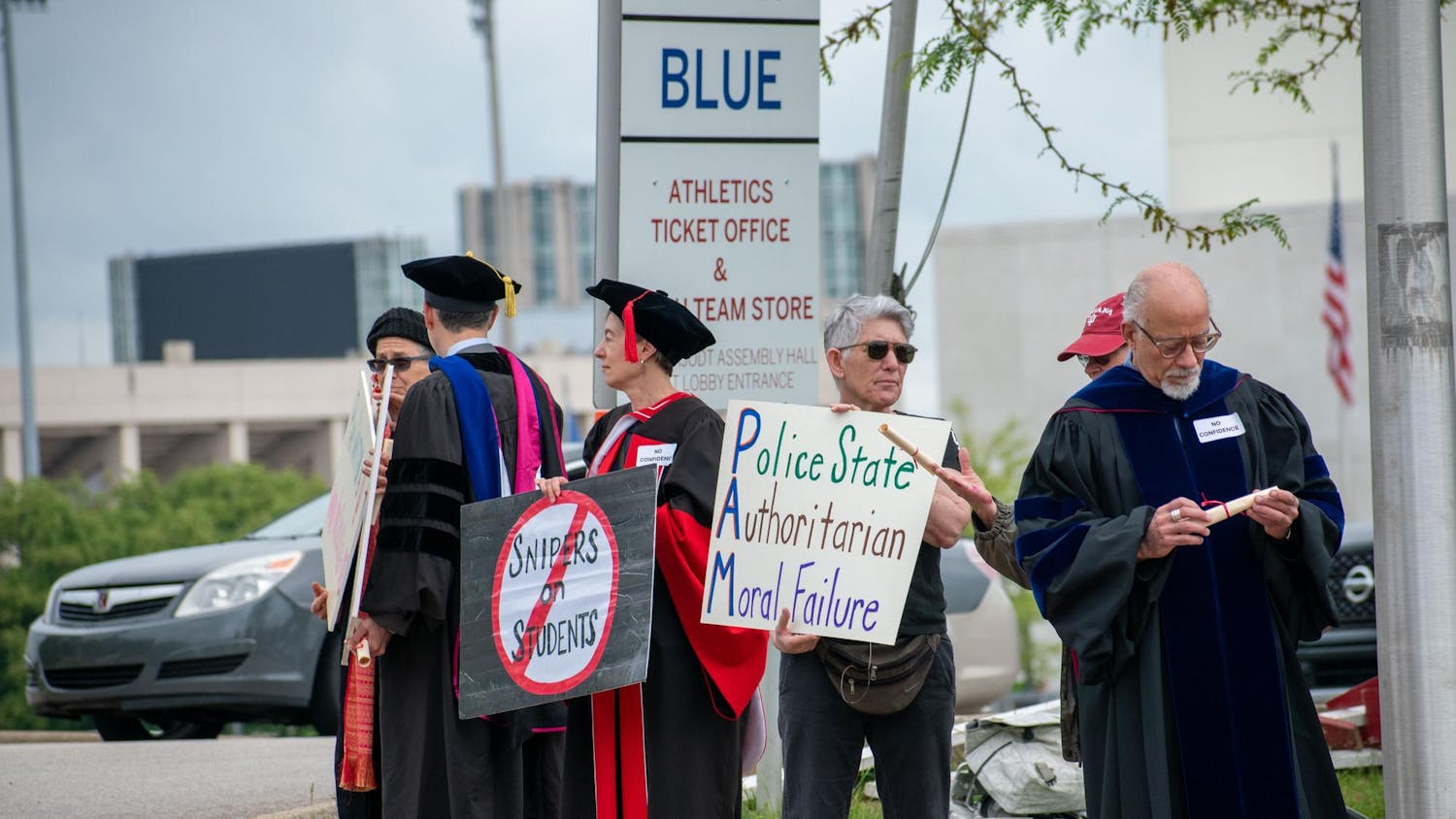In the meandering, turbulent road to the Beijing Olympics, which start Friday, thousands of protesters and activists have objected to China’s human rights – or lack thereof.
They have pointed to Tibet, Darfur and to China itself. They have stood up for Buddhist monks, Sudanese victims and Chinese citizens.
But while millions of faceless advocates cry out for salvation, thousands of athletes have already descended on Beijing to represent their nations in perhaps the most prestigious and internationally recognized athletic venue on Earth.
But while fans, politicians and Olympic organizers shower these athletes with medals, publicity and money (most athletes receive a bonus for winning a medal), many people are calling on them to use their minutes of fame to highlight China’s transgressions.
The force of just one mega-athlete or superstar is greater than one million everyday humanitarians. If Kobe Bryant or Michael Phelps ignored the “no protest” agreement they signed and called out the Chinese government for suppression of basic human rights, it would be greater than the men’s basketball team reclaiming the gold medal or Phelps surpassing Mark Spitz’s record of seven gold medals.
Last month Tommie Smith and John Carlos were honored at the ESPY Awards for their legendary fist raising at the 1968 Olympics in Mexico City. After being ostracized, condemned and threatened for their actions for most of their adult lives, Smith and Carlos are finally recognized for their provoking statement advocating civil rights.
How many athletes today have the courage to risk their lives to stand up for something that needs to be acknowledged on an international level?
How many have the nerve to stand on the platform to cheering fans, hearing their national anthem being played and raise a fist?
But we cannot call the athletes cowards without asking why they would not dare to repeat Smith and Carlos. Our society rewards athletic accomplishments with endorsements, contract extensions and front-page covers. And Nike, Gatorade and McDonald’s do not want any controversy from their multimillion-dollar grossing athletes.
I’m not asking Candace Parker or LeBron James to lead a crowd of protesters in Tiananmen Square, but a few thoughtful sentences during a press conference speaking out for Sudan or Tibet couldn’t hurt. At the very least it could dispel any thoughts that all athletes are self-absorbed, unaware individuals.
Roger Federer, Tiger Woods, Derek Jeter and Thierry Henry all star in a Gillette commercial together. But what if those four superstars released a commercial bringing attention to the AIDS epidemic, malaria or some other disease striking third-world countries where shaving cream is the last thing on the people’s minds?
Even if they lost their endorsements, most athletes have enough money (at least more than the average American) to provide for them and their families. What they could gain in immortality and legacy would be worth more 40 years hence.
Athlete-celebrities like Woods (not competing in the Olympics) could use their fame for something greater than another Gatorade commercial.
Something more important than a sports drink, more valuable than a $90 million contract, more far-reaching than a 30-second ad, more consequential than another major championship.
More than themselves. That’s what the Olympics are supposed to be, competing for a nation while symbolizing the ideals of peace, cooperation and unity.
Olympic Mettle
Get stories like this in your inbox
Subscribe





